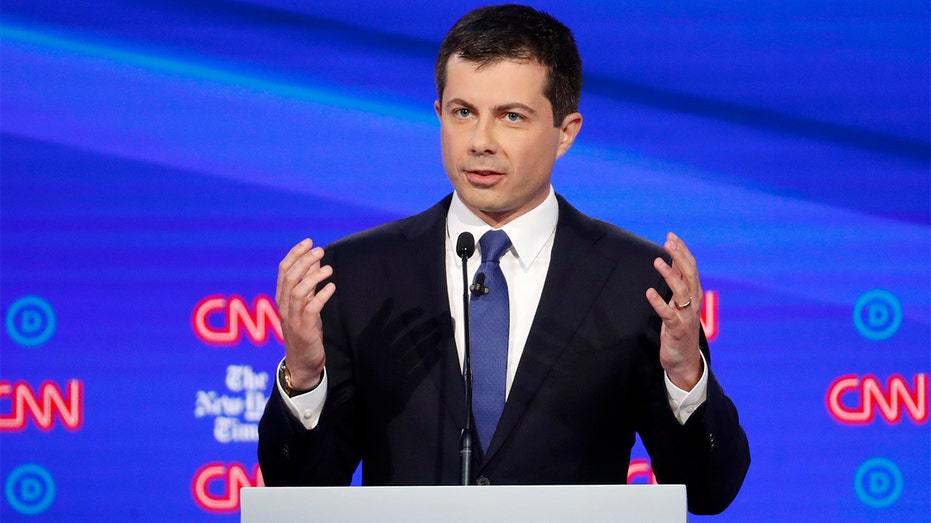Date: December 3, 2019
Source: Virginia Tech
Summary: More than half of America's national parks are facing a grave and immediate threat: the ongoing presence and spread of invasive animal species. The National Park Service has taken the first step in combating this invasion by asking a group of experts to help chart a course that will ensure the survival of these national treasures.
Added by CiC from invasive species google search
The experts' findings were recently published in the journal Biological Invasions. According to lead author Ashley Dayer, assistant professor of wildlife conservation in the College of Natural Resources and Environment, "As Americans, we value national parks for the natural habitats and wildlife they protect, but because of invasive species, some of our native species are struggling or unable to survive, even with the protection of our park system."
More invaders are likely to arrive and flourish because, currently, the National Park Service has no comprehensive program to reverse or halt the trend. Coordinated action and a financial commitment by the NPS and others will be critical. According to Dayer, "If we don't take action, native species will continue to struggle due to the invasives. But taking action is no small feat; it requires the commitment and resources of the National Park Service, neighboring lands, and the public."
Dayer received the opportunity to address this complex problem when she accepted an invitation from the National Park Service to serve on a panel of experts to address the threat of invasive animal species and suggest solutions. As a conservation social scientist, her work in the Department of Fish and Wildlife Conservation focuses on understanding how to best engage people in wildlife conservation issues. Other panelists were selected for their expertise in such areas as parks management, invasive species management, emerging technologies, economics, or decision support.
As to why the agency chose this particular time to act and form the panel, Elaine Leslie, former chief of the NPS Biological Resource Management Division, said, "The NPS is very concerned about non native and invasive species across the landscape within and outside of national park units and their impacts on native biodiversity, especially at-risk species and their habitats. . . . Nationally and internationally, the world is losing native biodiversity at an alarming rate. Threats from invasive species play a critical part in this loss."
Dayer and the team of experts have been grappling with this complex issue for three years. Their primary finding is that the presence of invasive animals undermines the mission of the NPS. These invaders can cause the loss of park wildlife, lessen visitors' enjoyment of parks, introduce diseases, and have huge economic impacts due to the cost of control measures.
Yet invasive animal species can be found in more than half of all national parks. Of the 1,409 reported populations of 311 invasive animal species in national parks, there are management plans for 23 percent and only 11 percent are being contained.
The invaders include mammals, such as rats, cats, and feral pigs; aquatic species like lake trout and the quagga mussel; and reptiles, including the Burmese python.Everglades National Park has been well-known for its invasive animal issues since pythons were found to be thriving and reproducing there in 2000. Local and national media, as well as documentary producers, quickly found an audience in the general public for their works featuring these snakes, which can reach up to 23 feet in length. Researchers have also been attentive to what is happening in the Everglades, reporting huge declines in native mammals like raccoons and opossums.
In Virginia, the hemlock woolly adelgid has infested hemlocks along the Blue Ridge Parkway and in Shenandoah National Park. Hemlocks help maintain the cool habitats needed by other species to thrive, such as native trout. Although hemlocks can live up to 600 years, a woolly adelgid infestation can kill a tree in just three to 10 years.
The second finding of the panel is that coordinated action is required to meet the challenge of invasive species. The four additional findings carry the same mandate for collaboration: partnering is essential for success; public engagement, cooperation, and support are critical; decision support across all levels must be strategic; and emerging technologies, when appropriately used, would be beneficial.
According to Mark Schwartz, a fellow panelist and professor of conservation science at the University of California-Davis, it is the complex nature of this problem that calls for such a coordinated and widespread effort. "Our national parks face a suite of wicked management problems, with the invasive species standing out for the sheer diversity of species, the geographic spread of their impact, the magnitude of the threat, and the complexity of solutions."
Both Schwartz and Dayer, as well as their other panelists, agree not only that national coordination is the way forward, but also that this will be a major challenge, an idea that is expressed in their findings. Schwartz said, "In addition to national coordination on invasive animals, a better means to fully integrate managing invasive animals across the full suite of challenges facing individual parks is needed."
Organizational change is possible, Dayer believes. As an affiliate of the Global Change Center housed in Virginia Tech's Fralin Life Sciences Institute, she sees good examples of progress through cross-jurisdictional efforts like the National Invasive Species Council and the Invasive Species Advisory Committee, as well as through regional collaborations that have engaged national park units.
Schwartz also sees promise in some recent park successes: "After a false start, Yellowstone regrouped, sought broad public input, and now has an effective program to manage invasive lake trout. Working with the Everglades Cooperative Invasive Species Management Area, the NPS has coordinated with other agencies, tribes, and private parties to control the invasive sacred ibis. More such collaborative efforts are needed."
Elaine Leslie believes that a coordinated effort as well as additional funding will be critical to success. "This issue is also one of economic importance," she stressed. "If we can take national steps, as other countries have, to prevent and eradicate invasive species, we can make a difference -- but it has to be a priority and well-coordinated."
Another important group of people that is referenced in the findings and could pave the way for long-lasting change is the public. "The public can play a key role in helping the parks detect or remove invasive species, pushing for new governmental policies and funding allocations, or assisting through philanthropy efforts," Dayer said. "In order to make headway, it is critical that the people of the U.S. are engaged fully in determining and implementing the solution to this challenge."
Along with the other panelists, Dayer will continue to tackle this complex issue by making sure that the findings are disseminated, promoting action from the NPS, and encouraging people to buy into and participate in efforts to protect our national parks. All of this matters because, as she firmly states, "The national parks are not the National Park Service's parks; they belong to the U.S. public and serve as conservation models nationally and internationally."
 Recommend this post and follow TCW
Recommend this post and follow TCW
















